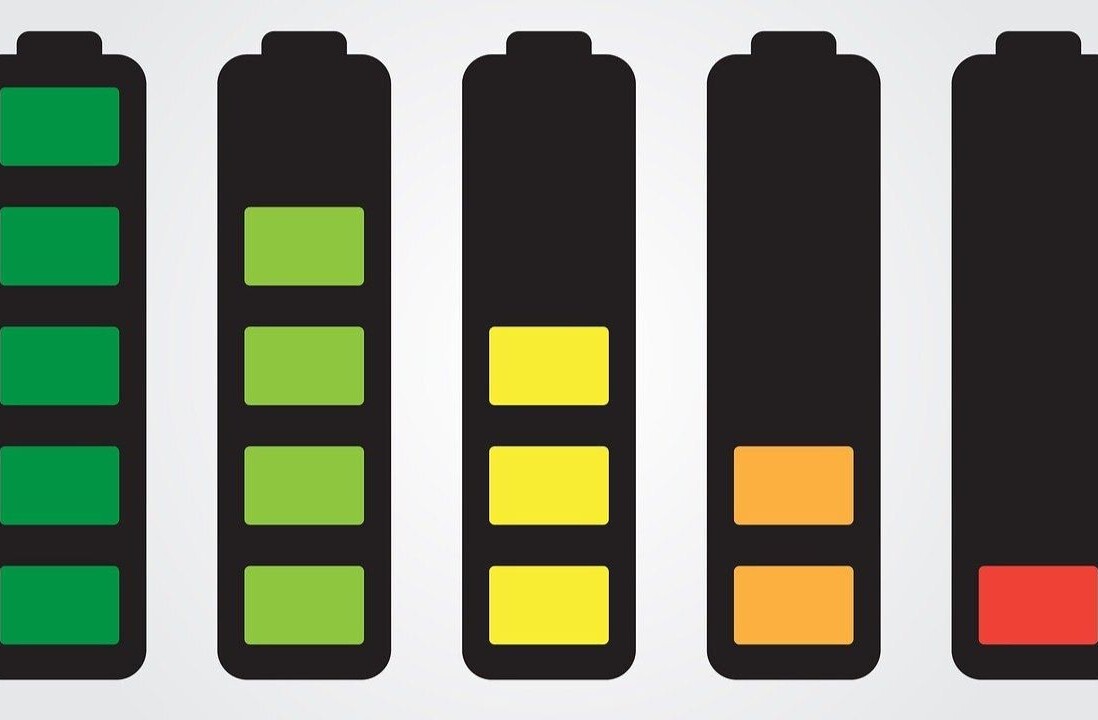
If you’re a (prospective) EV driver, I’m sure this question has crossed your mind: how long will my car’s battery last before it becomes unusable?
Indeed, that’s a valid question. Battery degradation is bound to happen at some point. As a lithium-ion battery is charged and discharged, it degrades over time.
Think of your old laptop for instance. It’s gone through so many charging cycles that the battery’s busted and the only way it works is if it’s constantly plugged into a socket. Depending on the machine, this usually happens after two to four years.
So when it comes to your electric vehicle, what can you expect? Is there an average lifecycle?
Let’s take a look and see how much we should care.
What are the insights old EVs can give us?
Thankfully, we have some oldies on the road, like the early Nissan Leafs and Teslas, which are still going strong and disproving skeptics.
A 2020 survey by consumer review magazine Which? found that EV batteries don’t degrade as much as previously feared.
According to the 1,016 electric car owners surveyed, EVs that were up to three years old showed only a 2% decline in battery capacity. Cars, which were six years old, showed a degradation of up to 8%.
This means that an electric car with a 395km range would only lose 5km of range after three years, and 31.5km after six years.
And that’s with years-old technology.
What do industry experts say?
With modern battery tech, the US National Renewable Energy Laboratory estimates that batteries could last between 12 and 15 years in moderate climates.
Similarly, JB Straubel, Tesla’s co-founder and former CTO, said in a recent interview that batteries should last for a good 15 years.
It’s a subjective thing depending on what people’s goal is for the car, but I think it’s going to easily be 15 years in most cases. I think battery life will probably track the life of the vehicle.
Along the same lines, Britishvolt’s chief strategy officer Isobel Sheldon, has suggested a 12-year lifespan.
Automakers are taking a cautious approach
Another indication of how long your electric vehicle’s battery should last is the automakers’ warranties. These warranties cover a period of time or kilometers driven, and guarantee that your battery will retain 70% of its initial capacity by that point.
Carcompanies in the likes of Tesla, BMW, Nissan, and Volkswagen offer a warranty for up to eight years or 160,000 kilometers driven — whichever comes first.
Kia is limiting its warranty to seven years, while Hyundai is more generous with 200,000km.
What to keep in mind
To get a concrete answer we need more EVs on the road and an adequate timespan for their batteries to degrade — say, in the next decade.
Still, the data we can gather from older electric cars and industry insights points to an average battery life of ten years.
That’s more or less the average life of a car itself.
So it’s very likely that your car will bread down before the battery becomes a real issue. And unless you’re planning to keep your EV to the point where it becomes a classic, you shouldn’t worry that much about battery degradation.
Get the TNW newsletter
Get the most important tech news in your inbox each week.





